Travel Agency in Morocco
Travy™ is your comprehensive solution for all your travel needs in Morocco. Whether you’re seeking a private chauffeur in Casablanca, a one-day tour in Tangier, a local guide in Marrakech, or simply a taxi in Rabat, Travy provides you with the best offers to make your journey seamless and unforgettable.
With over 15 years of experience in the tourism industry, we specialize in delivering authentic tour experiences and coordinating transportation for both individuals and groups. Our team includes professional drivers and multilingual local guides who will accompany you throughout your entire stay in Morocco, ensuring comfort, safety, and cultural insight at every step.
We serve all types of clients — from individual travelers to companies and brands of all sizes — by providing customized logistics and accommodation solutions tailored to their specific needs.
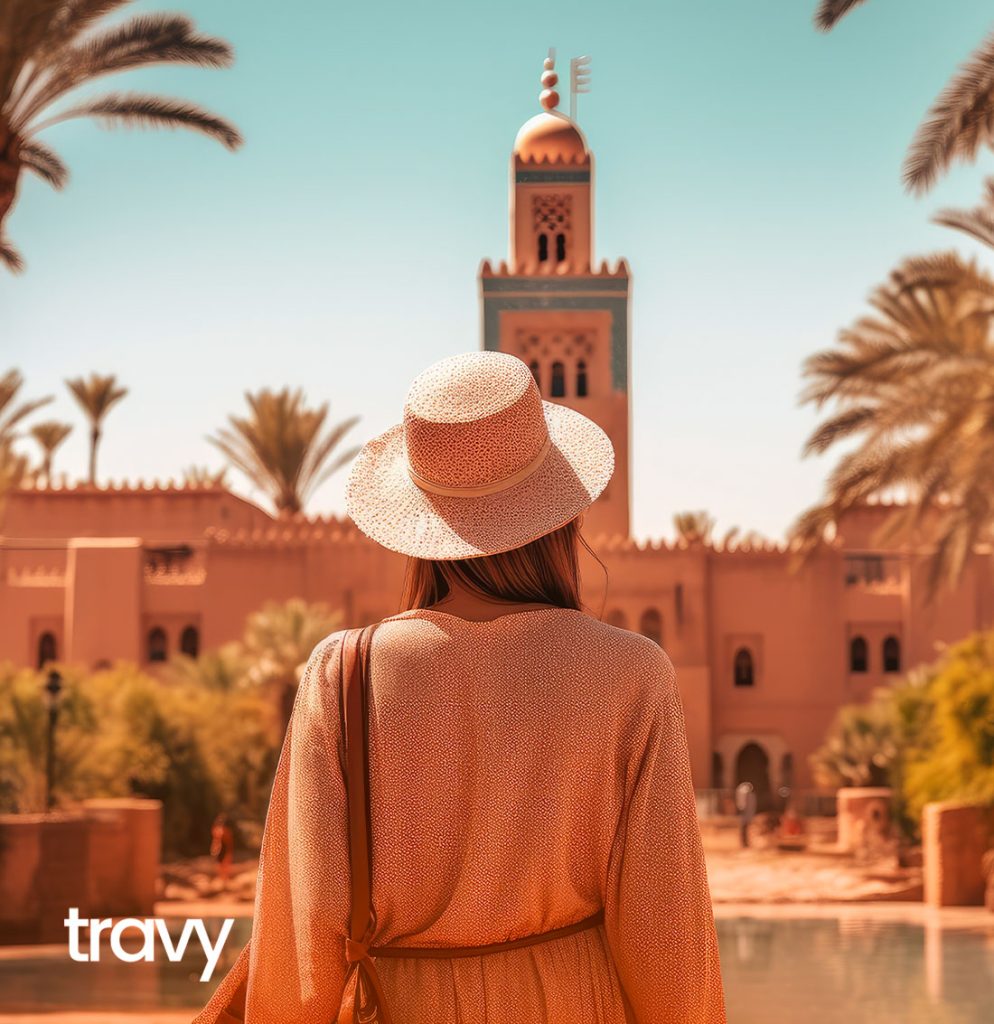
What Our Travel Agency
Morocco Can Do for You
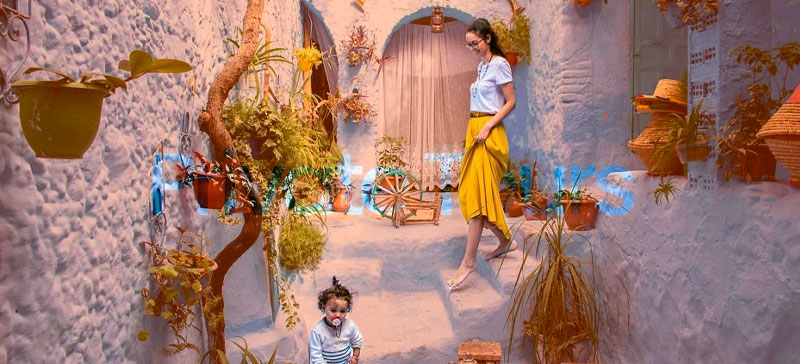
Private Tours
Travy offers affordable private tours in Morocco for solo, couple, family, small size groups. Let’s explore Morocco together.
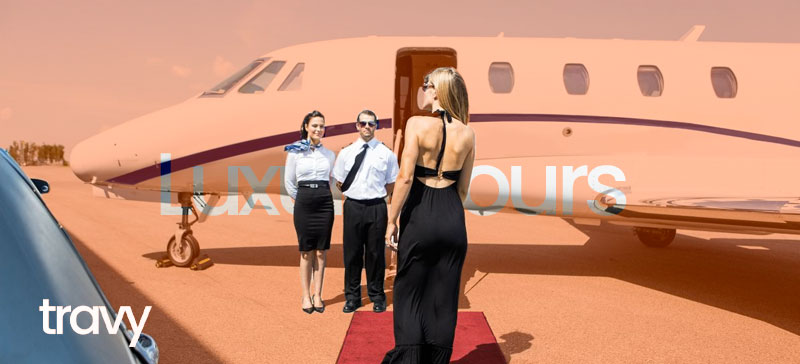
Luxury Tours
Enjoy Morocco in style with our VIP Luxury Tours — premium stays, and exclusive experiences tailored just for you.
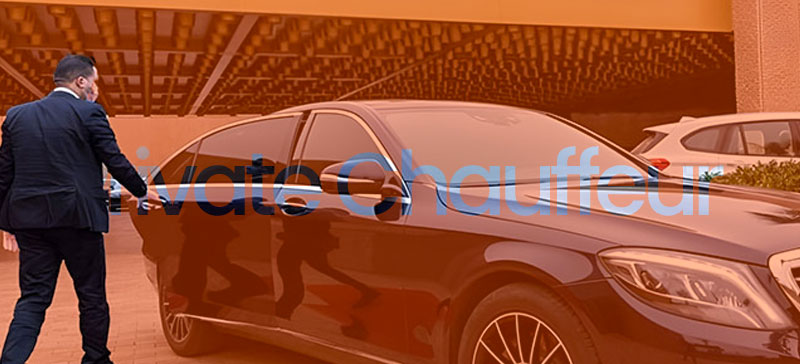
Private Driver
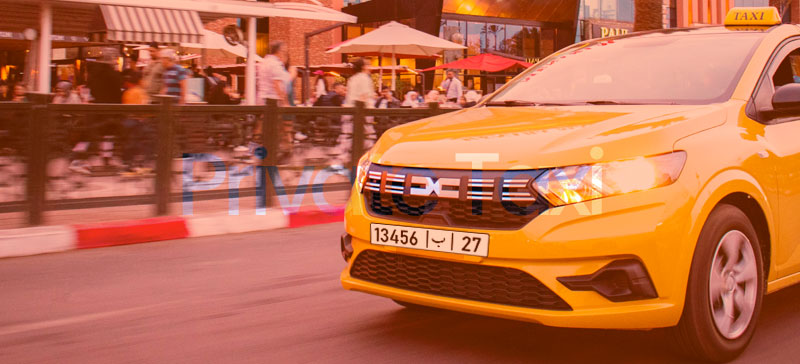
Private Taxi
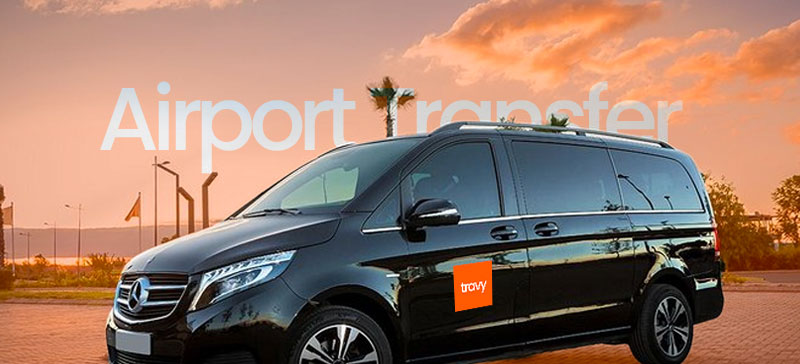
Airport Transfer
We offer transfer services to and from all major airports in Morocco, ensuring a smooth, comfortable journey between your hotel and the airport.
Travy – Your Travel Partner for Morocco’s Biggest Events
From the Gnaoua Festival in Essaouira (June 2025) to Mawazine in Rabat, and the exciting Africa Cup of Nations (Dec 2025–Jan 2026), Travy takes care of all your travel needs. With Morocco set to co-host the 2030 World Cup under the “Yalla Vamos” spirit, we’re ready to guide you every step of the way. Wherever the event is, Travy makes your trip secure, easy, and comfortable.

Why choose Travy as your travel agency in Morocco?
Morocco Itineraries
Discover the best of Morocco with our custom travel plans, from city tours to desert adventures.
Morocco Experience
Morocco
DMC
Travy is your trusted Destination Management Company in Morocco, offering expert travel services for tours, incentives, events, and conferences.
Spiritual
Morocco
Business Travel in Morocco
When it comes to business travel, Travy™ is your best choice. Whatever your needs, we have the expertise and solutions to support you! As Morocco’s leading Travel Management Company, Travy™ provides comprehensive business travel services for companies and brands across a wide range of sectors, including sports, automotive, technology, and pharmaceuticals. With deep industry knowledge, we simplify corporate travel by offering turnkey solutions and responsive support at every stage.
Our services cover everything from transfers and transportation to hotel accommodation — all delivered with a personalized touch to ensure the success of every business trip.
We assist businesses with their presence at major trade shows and international events in Morocco. Travy™ has proudly supported numerous companies during their participation in events such as the IMF Annual Meetings and GITEX Africa, providing seamless logistics and ensuring impactful results.
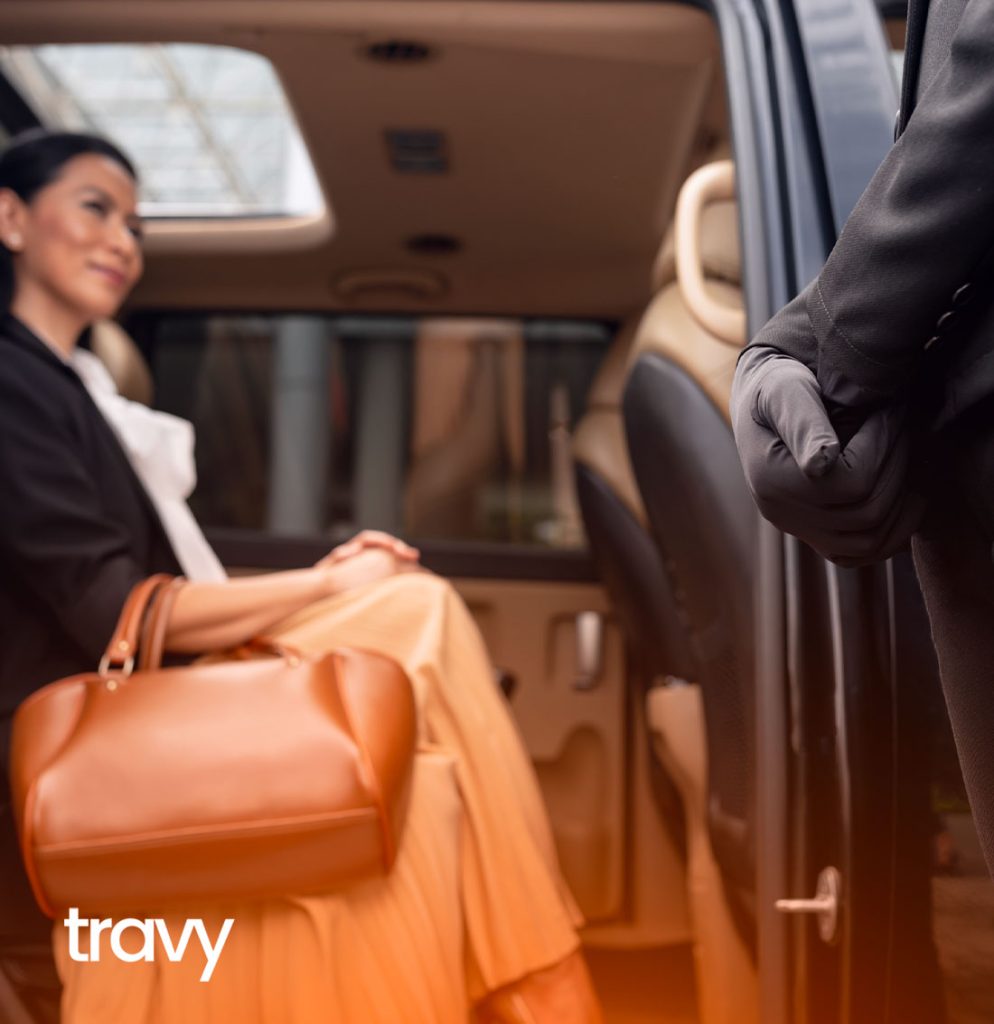
FAQ - Travel Agency Morocco
Do I need a visa to travel to Morocco?
Citizens of many countries — including the USA, Canada, the EU, Australia, and New Zealand — can enter Morocco without a visa for stays of up to 90 days.
If you’re from a country that requires a visa, we recommend contacting the nearest Moroccan consulate or embassy or checking the official website of the Moroccan Ministry of Foreign Affairs for updated requirements.
What are the best times to visit Morocco ?
The best times to visit Morocco are during spring (March to May) and autumn (September to November). During these months, the weather is pleasantly warm and ideal for sightseeing, desert tours, and exploring cities like Marrakech, Fes, and Chefchaouen.
Spring (March–May): Lush landscapes, mild temperatures, and blooming valleys make this season perfect for cultural and outdoor activities.
Autumn (September–November): Comfortable weather for both the coast and the desert — perfect for camel rides in Merzouga or hikes in the Atlas Mountains.
Winter (December–February): Great for visiting the Sahara and southern Morocco with cooler, dry air. Snow lovers can enjoy the Atlas Mountains.
Summer (June–August): Ideal for coastal towns like Essaouira, Agadir, and Tangier, but note that inland cities and the desert can get very hot.
No matter the season, Morocco offers something unique year-round — from festivals and markets to historical sites and natural wonders.
What type of clothing to wear while touring in Morocco ?
You’re free to relax and wear whatever feels comfortable and familiar during your holiday. Morocco is a tolerant and welcoming country, especially toward visitors, and there’s no expectation for you to dress or behave like a local. For men, longer shorts and short-sleeved shirts are perfectly acceptable in most places. For women, while western clothing is generally fine in cities and tourist areas, we recommend bringing a light scarf or shawl to cover shoulders or arms when visiting rural areas, religious sites, or more conservative regions — as a sign of cultural respect. Comfort and modesty go hand in hand when traveling in Morocco, and our guides are always happy to advise you based on the location and situation.
Do I need to exchange money before I travel ?
The Moroccan Dirham (MAD) is the official currency of Morocco. It is a closed currency, meaning it’s difficult to obtain outside the country — and when available, it often comes with high bank commissions. For this reason, it’s best to exchange money upon arrival.
Once in Morocco, you’ll find ATMs widely available in cities, airports, and even small towns. You can also exchange money at banks, currency exchange offices, and authorized points in touristic areas, which often offer competitive exchange rates.
Credit and debit cards (Visa, Mastercard, and American Express) are accepted in most hotels, restaurants, shops, and even some souks (markets).
For convenience and better rates, we recommend:
Withdrawing cash from ATMs once in Morocco
Using cards where accepted, but carrying some cash for smaller purchases and tips
Exchanging currency in tourist hubs like Marrakech, Fes, or Casablanca for the best rates
Are Moroccans able to speak languages other than Arabic & Tamazight?
In Morocco, French and English are widely spoken, especially in cities and tourist areas. Both languages are taught in schools, which is why most Moroccans — particularly in urban areas — can speak French fluently and understand or speak basic English.
You may also hear Spanish, German, or Italian, particularly among professionals in the tourism industry, who are used to communicating with visitors from all over the world.
Even if you don’t speak Arabic, you’ll have no trouble getting around — guides, drivers, and hotel staff typically speak multiple languages to accommodate international travelers.
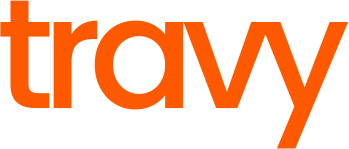
 !
!